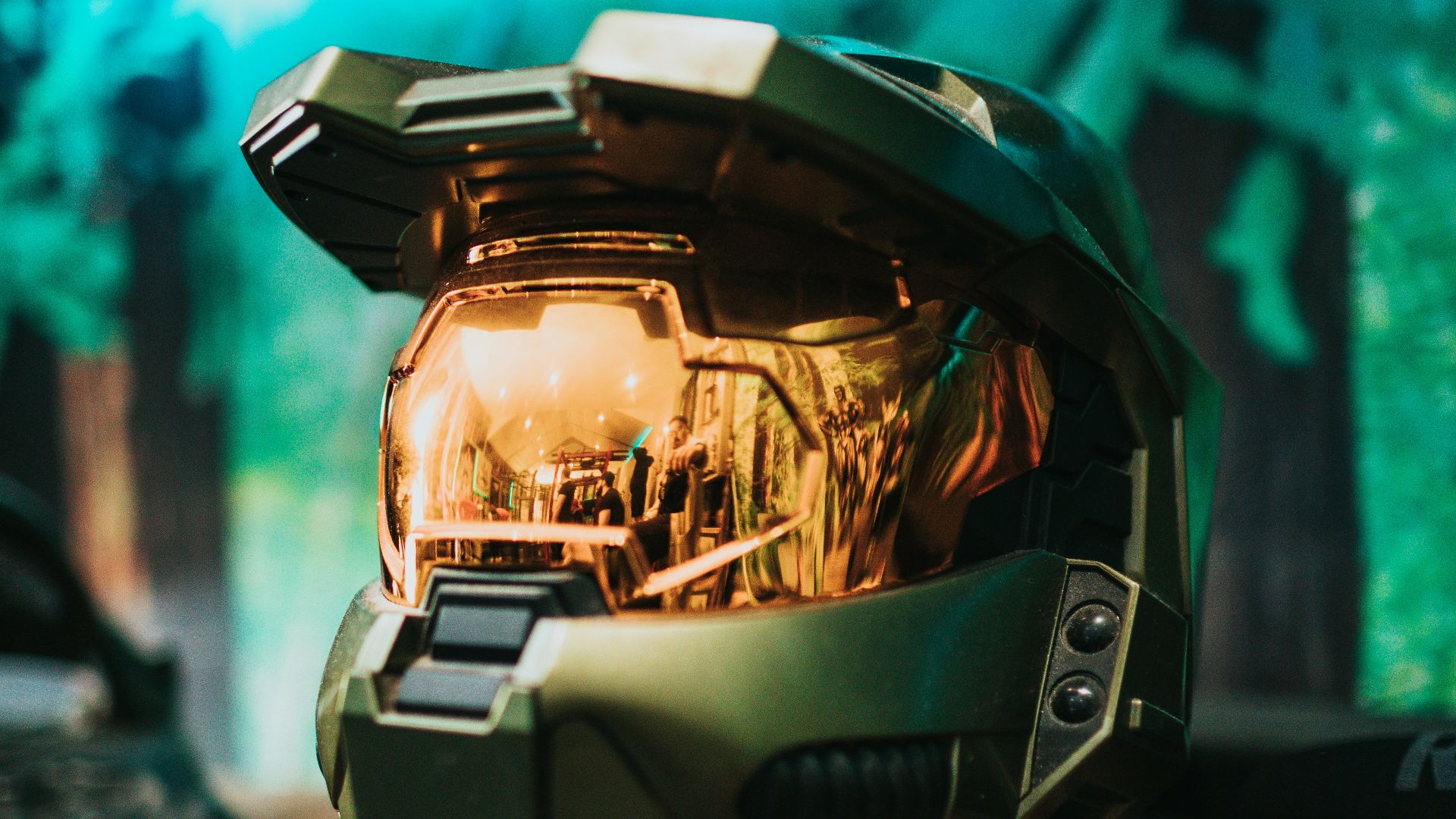Console rivalries once dominated gaming culture. Kids pledged allegiance to their favorite systems, much like medieval knights to their kingdoms. Fast forward to today—the gaming world looks unrecognizably different. The old wars have become something a bit more complex.
Luckily, these new developments indicate that the future is bright for gaming and that old rivalries may soon be swept under the rug in favor of consumer choice.
How Competition Evolved
Remember when choosing between PlayStation and Xbox felt like picking sides in an epic battle? Those heated playground debates about which console was superior defined a generation of gaming. The "console wars" peaked during the PS3/Xbox 360 and PS4/Xbox One eras, with both Sony and Microsoft aggressively competing for market dominance.
Today's scenario looks dramatically different. Microsoft no longer reports Xbox hardware sales figures, focusing instead on Game Pass subscribers and cloud gaming. Sony continues dominating hardware sales with PlayStation 5, but has begun releasing first-party exclusives on PC. Nintendo happily operates in its own creative space.
The traditional battleground has dissolved into something more complex: interconnected ecosystems where the physical console is just one entry point. This shift represents the natural evolution of a maturing industry that recognized the limitations of hardware-centric competition in a digital, service-oriented world.
Cross-Platform Is King, But Platform Identity Remains
The walls between gaming platforms are crumbling fast. Cross-play, once unthinkable, is now standard in major titles like Fortnite, Call of Duty, and Minecraft. Microsoft's acquisition of Activision Blizzard didn't lead to Call of Duty becoming Xbox-exclusive; instead, they secured a 10-year deal, bringing the franchise to Nintendo platforms while maintaining PlayStation presence.
First-party exclusives, once the cornerstone of console identity, are evolving too. Sony's God of War, Horizon, and Spider-Man have all made their way to PC. Microsoft releases games simultaneously on Xbox and PC, while integrating Xbox Game Pass across multiple platforms.
The biggest blow to the ongoing console war is the annoucnemnt that Microsoft will be bringing its flagship exclsuive shooter Halo to Sony's Playstation in 2026.
Yet distinct platform identities persist. PlayStation still emphasizes cinematic single-player experiences, Xbox builds around Game Pass and accessibility, while Nintendo focuses on family-friendly innovation and portable gaming. These philosophical differences shape each ecosystem.
The Future: Services, Subscriptions, And Player Choice
The next chapter of gaming isn't about which plastic box sits under your TV—it's about how you access content. Subscription services like Xbox Game Pass, PlayStation Plus, and Nintendo Switch Online represent the future, offering content libraries that travel with you across devices.
Cloud gaming, despite early challenges, continues advancing through services like Xbox Cloud Gaming and PlayStation Now. The promise remains compelling: play high-end games on phones, tablets, or budget laptops without expensive hardware.
For gamers, this evolution brings unprecedented choice. The question is no longer "which console should I buy?" but "which ecosystem serves my needs?" You can be a PlayStation console owner who subscribes to Game Pass for PC, plays Nintendo exclusives on Switch, and enjoys mobile games across all ecosystems.









